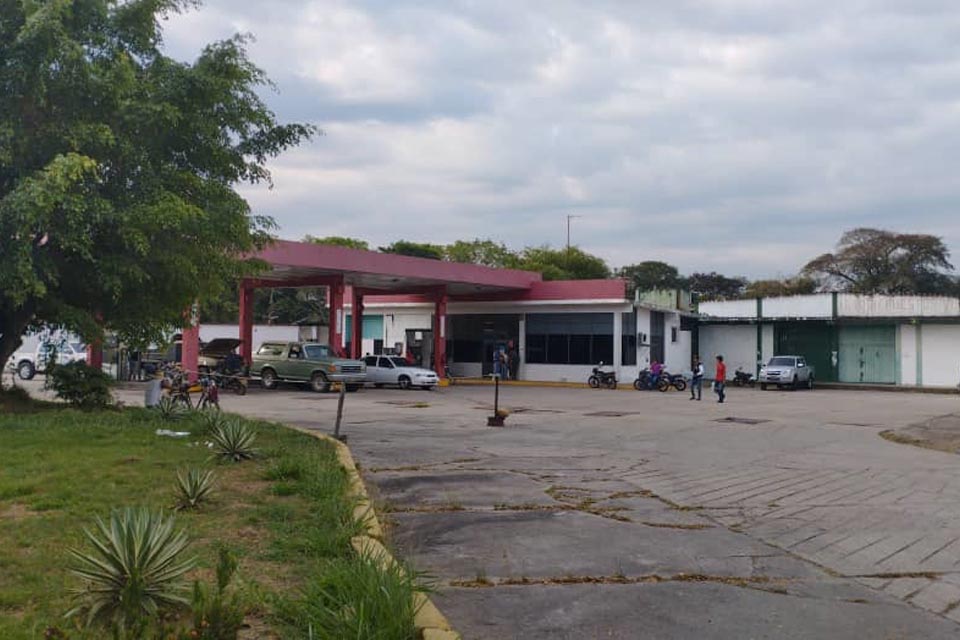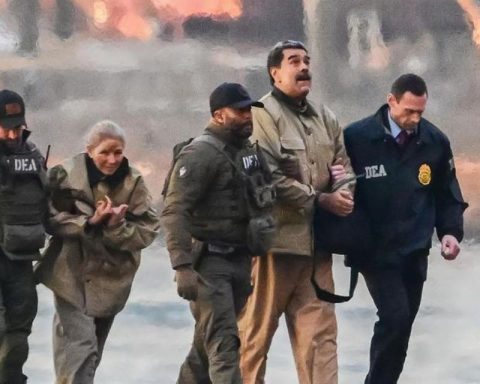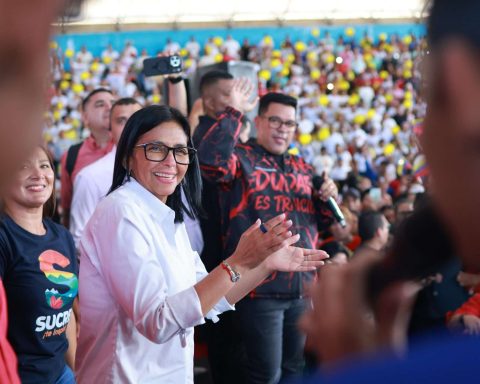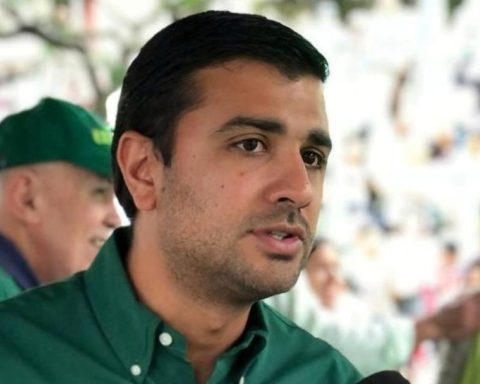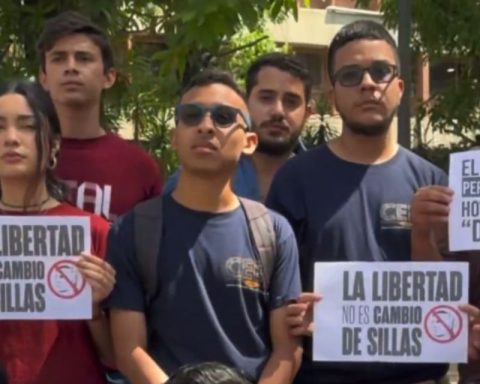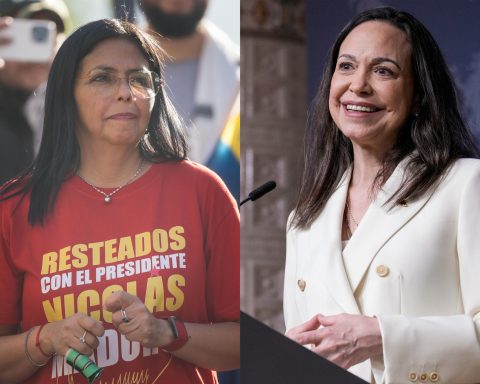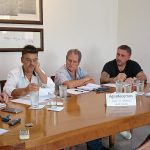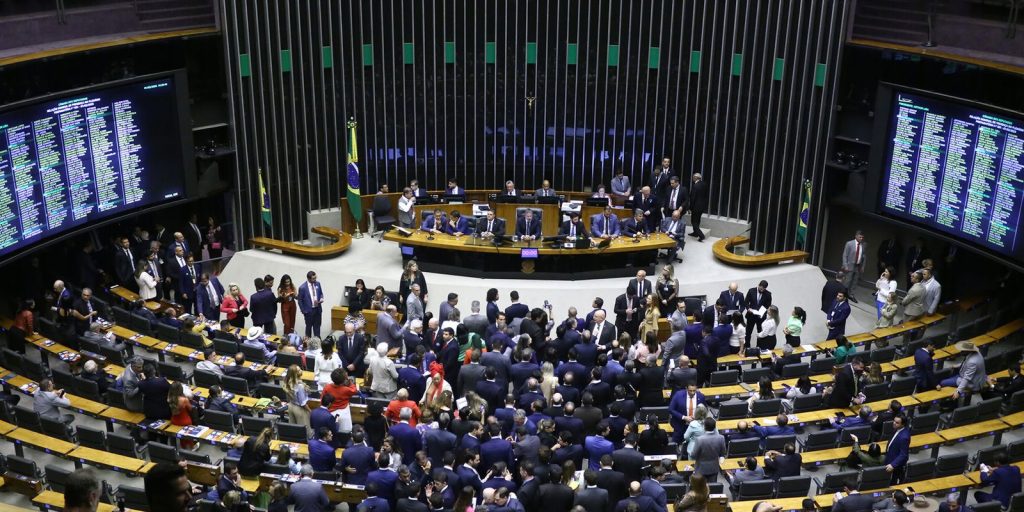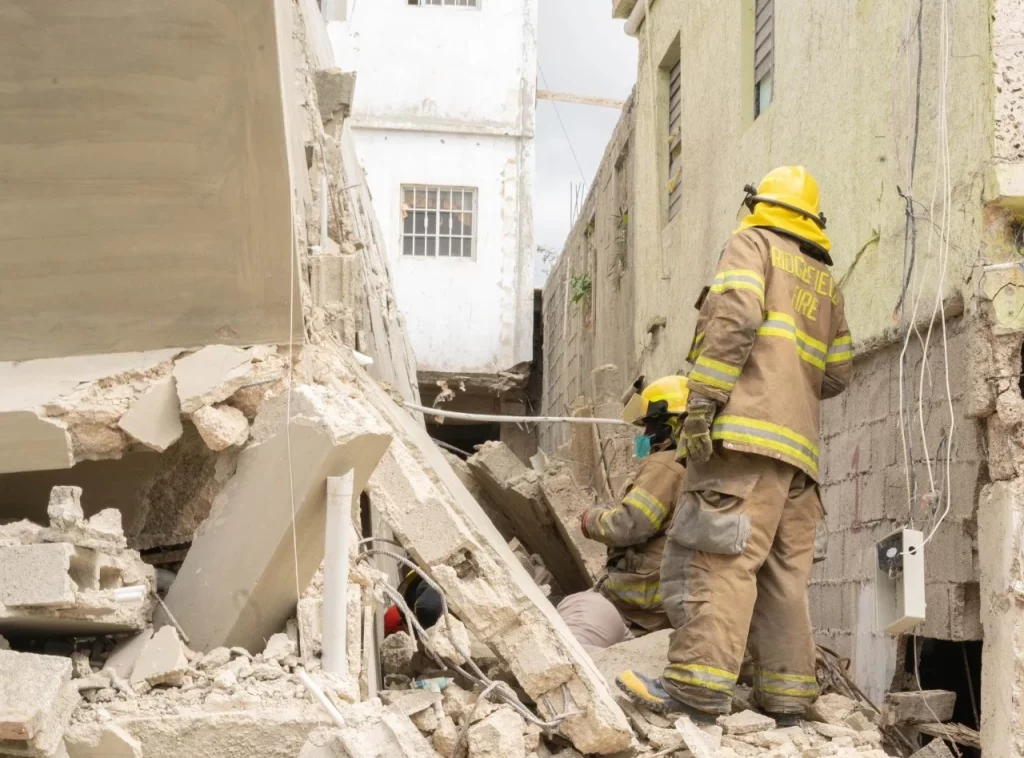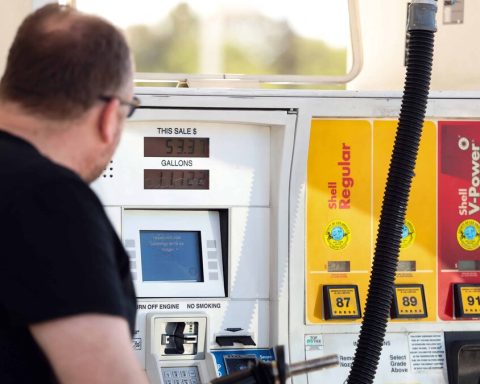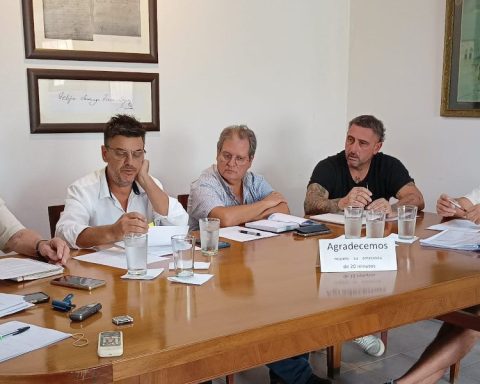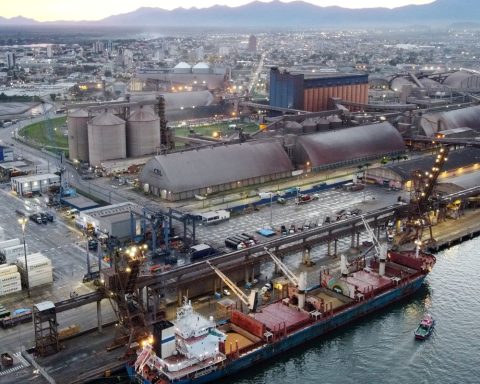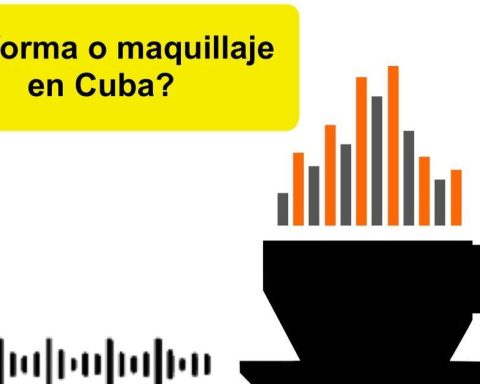Between 2,000 and 3,000 liters of gasoline “they strive” every time the fuel arrives at the Andrés Eloy Blanco Municipality Service Station of Barinas, the Councilor of the entity Gabriela Chacón denounced
The councilor of the Andrés municipality Blanco Eloy, Barinas State, Gabriela Chacón asked the Petroleum authorities of Venezuela (PDVSA) to carry out an investigation at the El Chama Service Station, established in the canton, capital of the municipality, because the users report that the gasoline they dispatch them, ““ It does not fit »with the amount of gas that leaves the gandola.
The municipalist indicates that, since last year the users of the service station have denounced what happens. “In turn, as councilor of the municipality, I exposed the situation in PDVSA, however, the situation remains the same.”
Chacón also recalled that, in 2024, the then bomb administrator denied supplying gasoline to the ambulance of the town’s health center, for the transfer, to San Cristóbal, of an infarcted patient.
*Also read: In Barinas’s four -year
“The gasoline office authorized him after three hours of waiting, but the patient died before arriving in San Cristóbal, because he spent a lot of waiting time to be properly treated,” he said.
He said that this situation became the administrator’s dismiss and the dispatched. According to the figures of what is received and what is dispatched to vehicles, there are between 2000 and 3000 liters of gasoline that do not reach the users of the station, he says.
Affected Barinas Producers
In addition to the discomfort that produces between vehicle and motorcycle drivers; The lack of gasoline also produces serious consequences among the producers of the municipality, says Chacón.
The councilor explains that, in this summer season, it is when the producers need to have fuel in their production units to use the scythe, the bomb motorcycle to be able to water their crops or to pump the same lagoons of cachama production, he said .
Given the problem, Gabriela Chacón reiterated the call to the authorities of PDVSA and other national entities to whom corresponds, the supervision of what happens with the service station and take the necessary corrective ones in this regard.
*Journalism in Venezuela is exercised in a hostile environment for the press with dozens of legal instruments arranged for the punishment of the word, especially the laws “against hatred”, “against fascism” and “against blockade.” This content was written taking into consideration the threats and limits that, consequently, have been imposed on the dissemination of information from within the country.
Post views: 64
